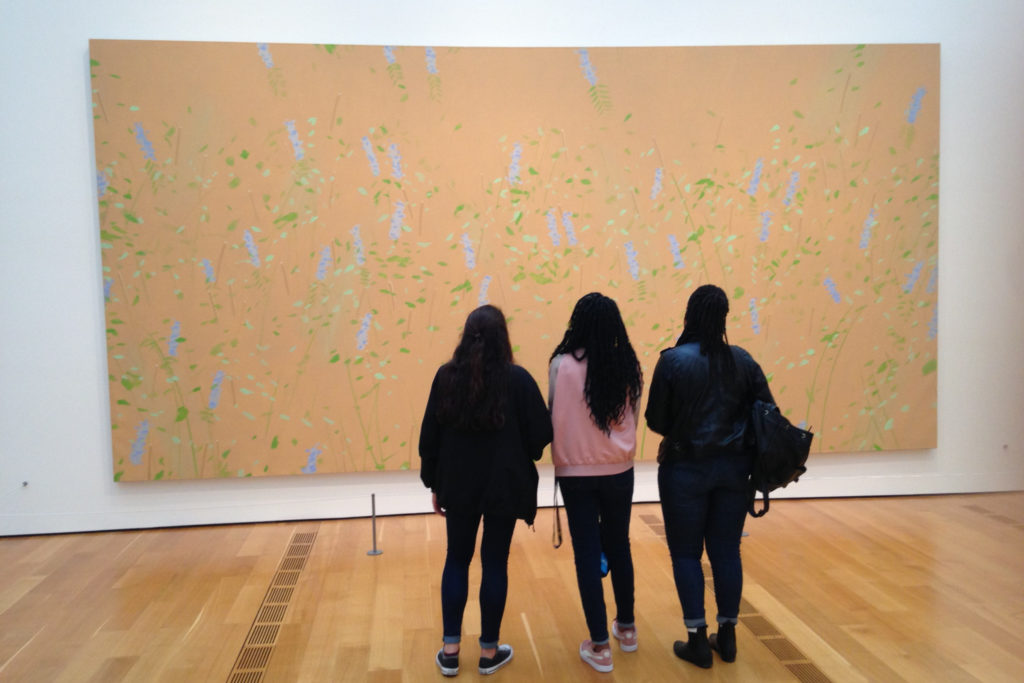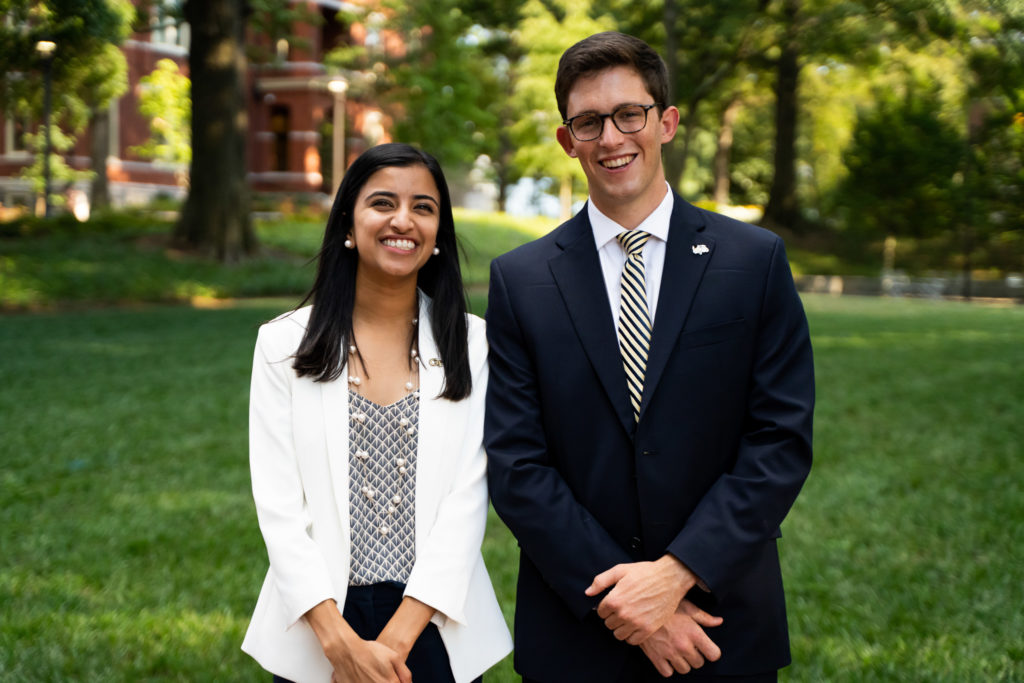
At Tech, Nezir Teke, CS ‘00, was given the foundation of data engineering principles that he would build upon throughout his career — a career which has featured working for top companies such as Delta Airlines, Coca-Cola, Warner Brothers, Loot Crate and Google.
Upon graduating, Teke launched his professional career at Delta Airlines as a data warehousing developer. As a fresh graduate, Teke was exposed to the broader industry where he gained his first look at how his classroom studies applied in the data warehousing space.
At Delta’s data warehouse, Teke worked with customer data and implemented data pipelines using technologies such as Teradata. Although he enjoyed overseeing the development of the warehouse, Teke wanted to refocus his efforts toward other aspects of his technical skillset.
After one year of working at Delta, Teke accepted a senior developer position at another Atlanta-based powerhouse, the Coca-Cola Enterprises.
After almost three years at Coca-Cola Teke took a step back to make a big change. This big change took Teke across the country to Burbank, California where he worked as a lead manager in data warehousing at Warner Brothers.
Teke’s advice on re-establishing himself in a new city with a new job?
“Waste no time rebuilding professional and personal connections,” Teke advised.
Developing a platform at a company as widespread as Warner Brothers allowed Teke to refine new areas of his expertise such as storage system design, database optimization and overall system health and performance.
Teke also involved himself in the mentorship and training of his team members, aiding in the progression of his career as he managed and oversaw the development of the entire Teradata Warehouse.
Despite the success he encountered at Warner Brothers, Teke decided to make yet another big career change after more than ten years with the company. In contrast to his earlier positions with large-scale prominent companies, Teke began to work for the smaller startup Loot Crate.
Transitioning from established corporations to an unexplored entrepreneurial space was exciting and rewarding for Teke. As the director of business intelligence, Teke was responsible for building the analytical space and data warehouse from scratch, transforming the company infrastructure from Excel spreadsheets and CSV files to a robust environment running on Amazon Web Services.
In the spirit of developing his technical aptitude, Teke decided to take it to the next level by returning to Tech for an Online Masters Degree in Computer Science — a triumph he conquered all while working a full-time job.
“Although an Online Masters Degree Program is a less traditional route, it was more convenient and gave me flexibility with my professional career,” said Teke.
“A master’s degree in a technical field is a great way to expand your knowledge on topics you’re actually interested in.”
Having to learn how to balance the stresses of both a professional and school life, Teke offered advice to other students who are considering a similar path.
“In order to avoid burning out, I only took one class at a time because I wanted to enjoy the experience,” said Teke.
During the three years it took him to complete his Master’s degree, Teke ended his journey with Loot Crate, served as a Business Intelligence Manager at Google for a year and a half and then returned to Warner Brothers Entertainment to work as a data engineering architect.
“Having multiple career shifts while pursuing a technical post-graduate degree is not recommended, but made me more disciplined,” Teke explained.
Teke currently still works for Warner Brothers, where he continues to progress their data space while applying the wisdom he has learned throughout his academic and professional careers.









